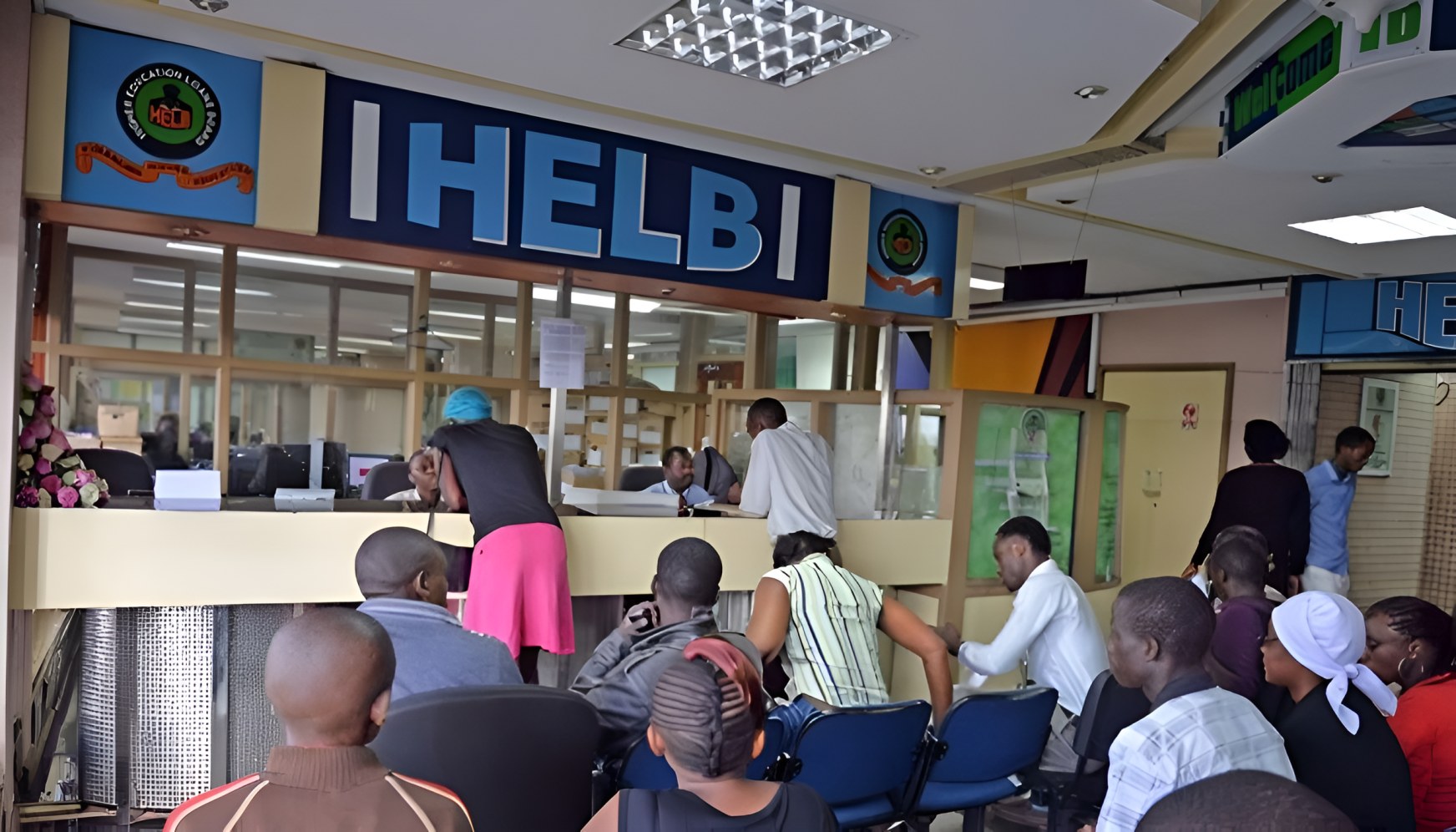More than 64,000 former students who have failed to repay government-issued higher education loans have been blacklisted by the Higher Education Loans Board (HELB), cutting them off from accessing credit such as personal loans or mortgages.
The move targets defaulters listed with the Credit Reference Bureau (CRB) as part of HELB’s broader efforts to recover funds and safeguard the student loan scheme.
HELB CEO Geoffrey Monari revealed that around 300,000 former students currently owe a total of Sh32 billion in unpaid loans.
Over the past three decades, HELB has disbursed Sh195 billion to help students cover tuition, books, and living expenses.
“Last year alone, we collected Sh5.2 billion, which supported 50,000 university students and 114,000 students in technical and vocational training institutions,” said Monari.
The HELB model works as a revolving fund, where repayments from past beneficiaries are used to support new students. Currently, about 708,000 students are enrolled in Kenyan universities, and over 100,000 graduated this year.
Monari noted that inconsistent repayments threaten the sustainability of the program, which is why employers are legally required to report employed graduates within 30 days and deduct repayment amounts for remittance to HELB.
To curb defaults, HELB has adopted a multi-pronged approach. A self-protection fund has been established, allocating 0.037 percent of every loan to cover beneficiaries who die before repayment. So far, roughly 2,000 loans have gone unpaid due to the death of beneficiaries.
“We have also intensified inspections of employers to ensure they are remitting deductions. This year alone, we carried out 236 inspections and billed 28,000 past students who had not started paying,” Monari said.
Defaulters are also pursued through guarantors and debt collectors, with the first CRB blacklisting targeting long-term defaulters, some dating back 20 years.
For students who are willing to pay but face financial hardship, Monari acknowledged the challenge: “If someone is surviving on Sh5,000 a month in a casual job, it is unfair to expect consistent loan repayment. But we are encouraging even small, regular contributions to keep their accounts active.” Unemployed graduates, however, face a more difficult situation, often trapped in a cycle of job hunting while loan obligations continue.
HELB is also pushing for legal reforms to improve compliance. Proposed changes include freezing accounts of graduates who can pay but refuse, and imposing penalties on employers who deduct but fail to remit payments.
“Currently, employers owe us Sh34 million in unremitted deductions. We are working with the Attorney-General’s office to recover this money. We want the proposed laws to strengthen our hand,” Monari said.
The board is also pursuing graduates living abroad with assistance from the Ministry of Foreign and Diaspora Affairs. Collections from the diaspora reached Sh100 million last year, with Sh20 million recovered in the current financial year. “It’s a promising stream, and we want more Kenyans abroad to honour their obligations,” Monari said.
To motivate repayment, HELB occasionally runs penalty waiver campaigns, allowing defaulters to settle principal loans without accumulated fines. “Waivers are a carrot, while blacklisting is the stick,” Monari explained.
He emphasized that the sustainability of the fund depends on consistent repayments: “For many students from low-income backgrounds, the loans are the only bridge to higher education. Without repayment, the bridge weakens for the next generation.”
